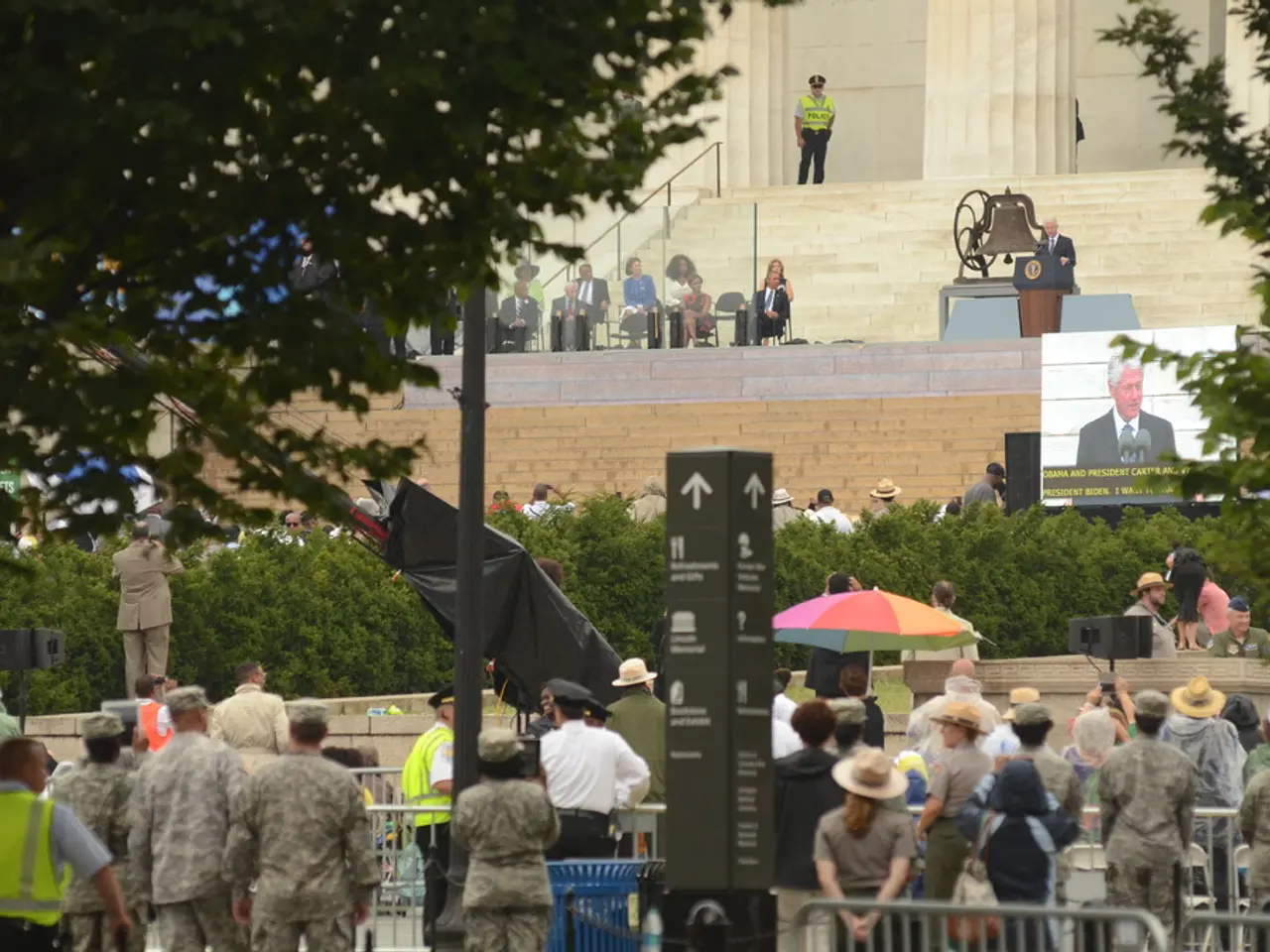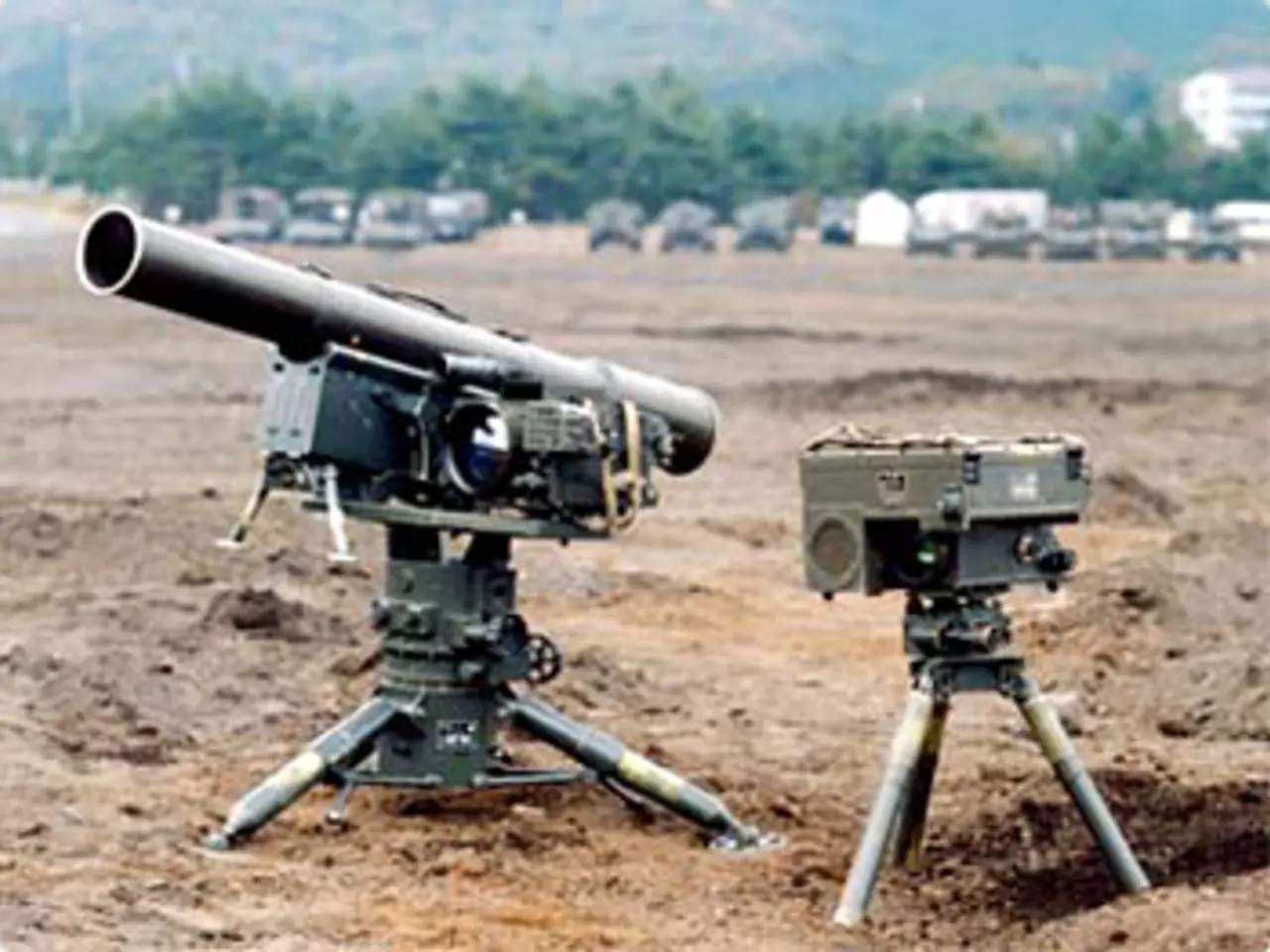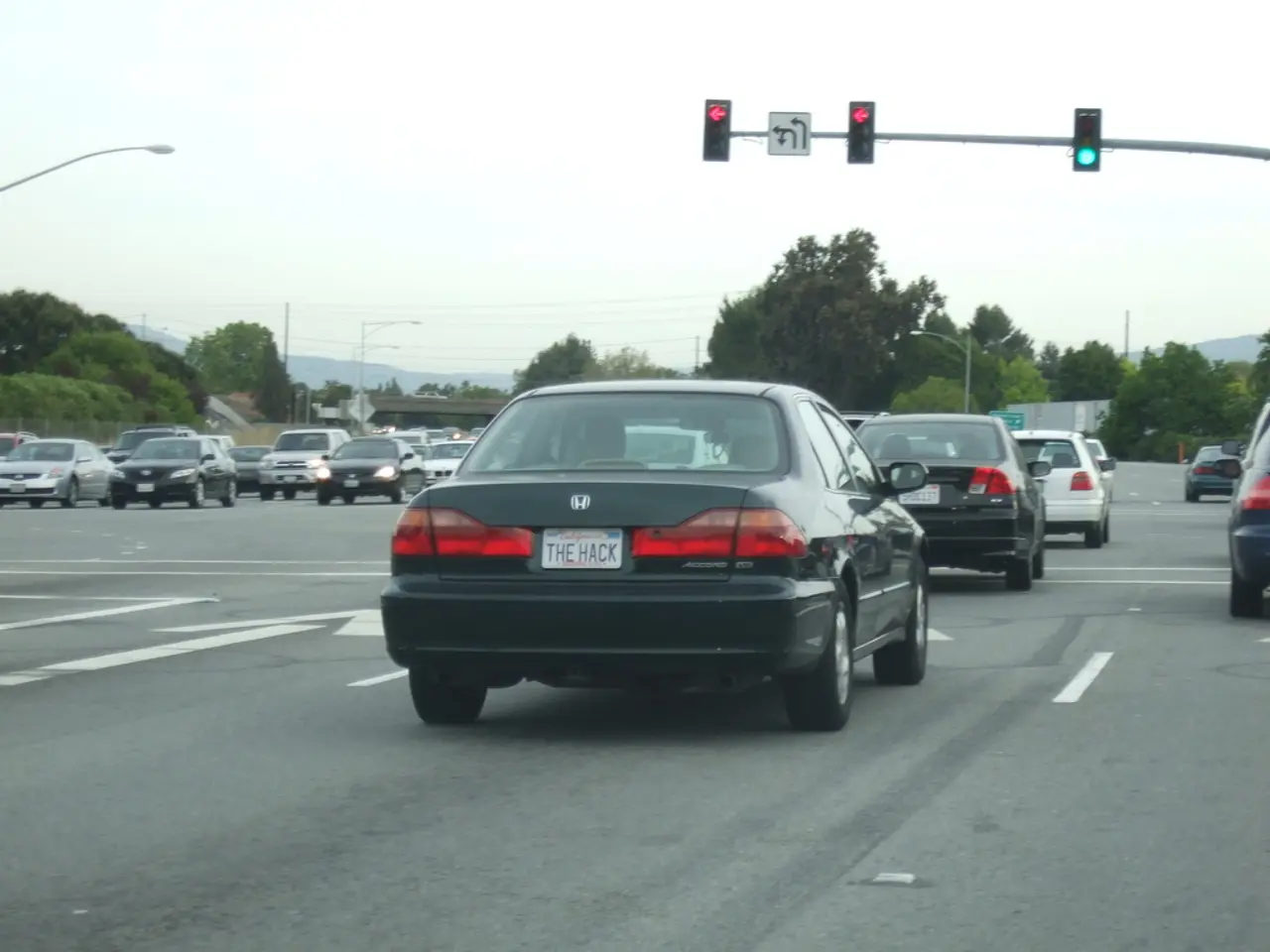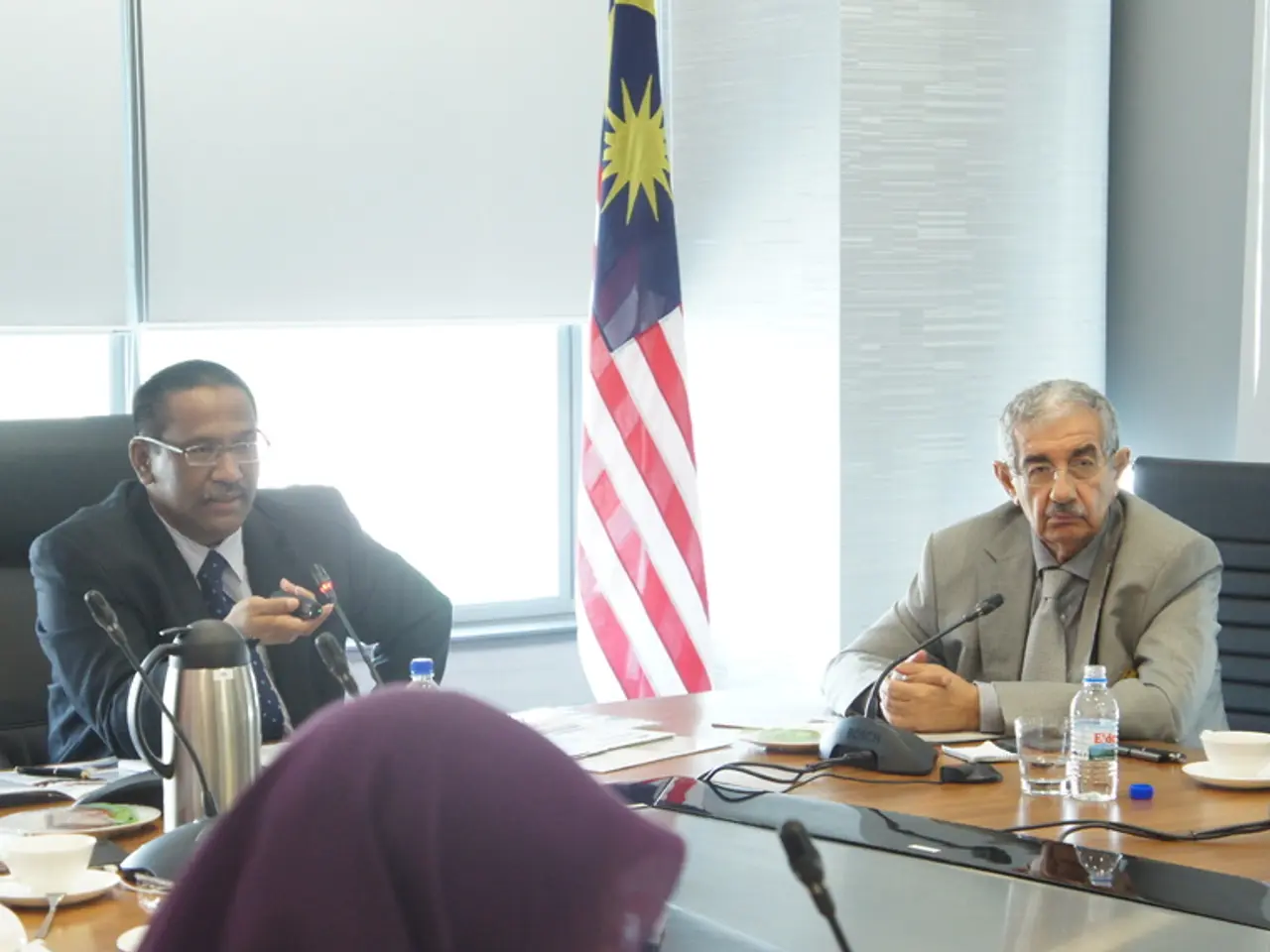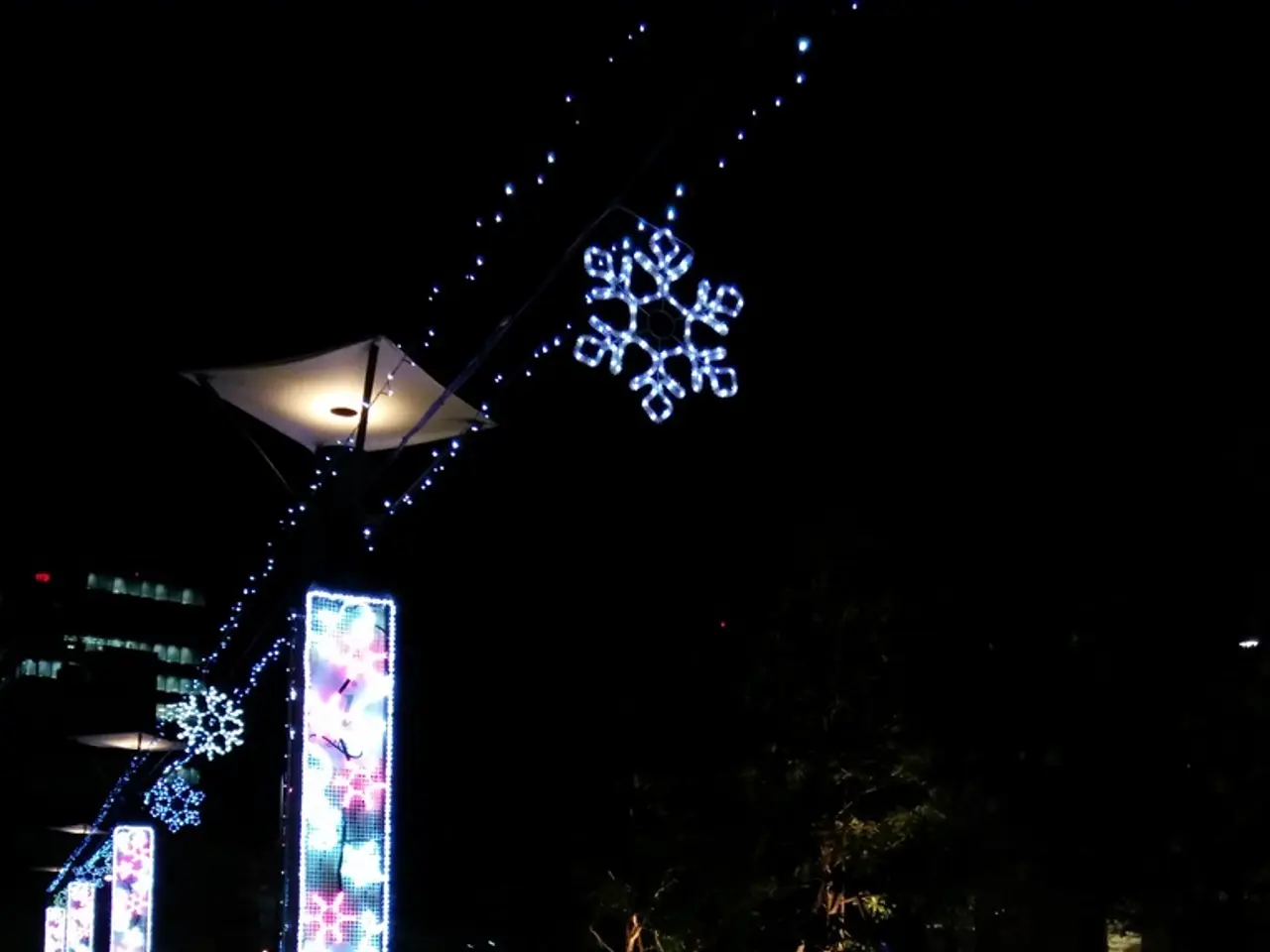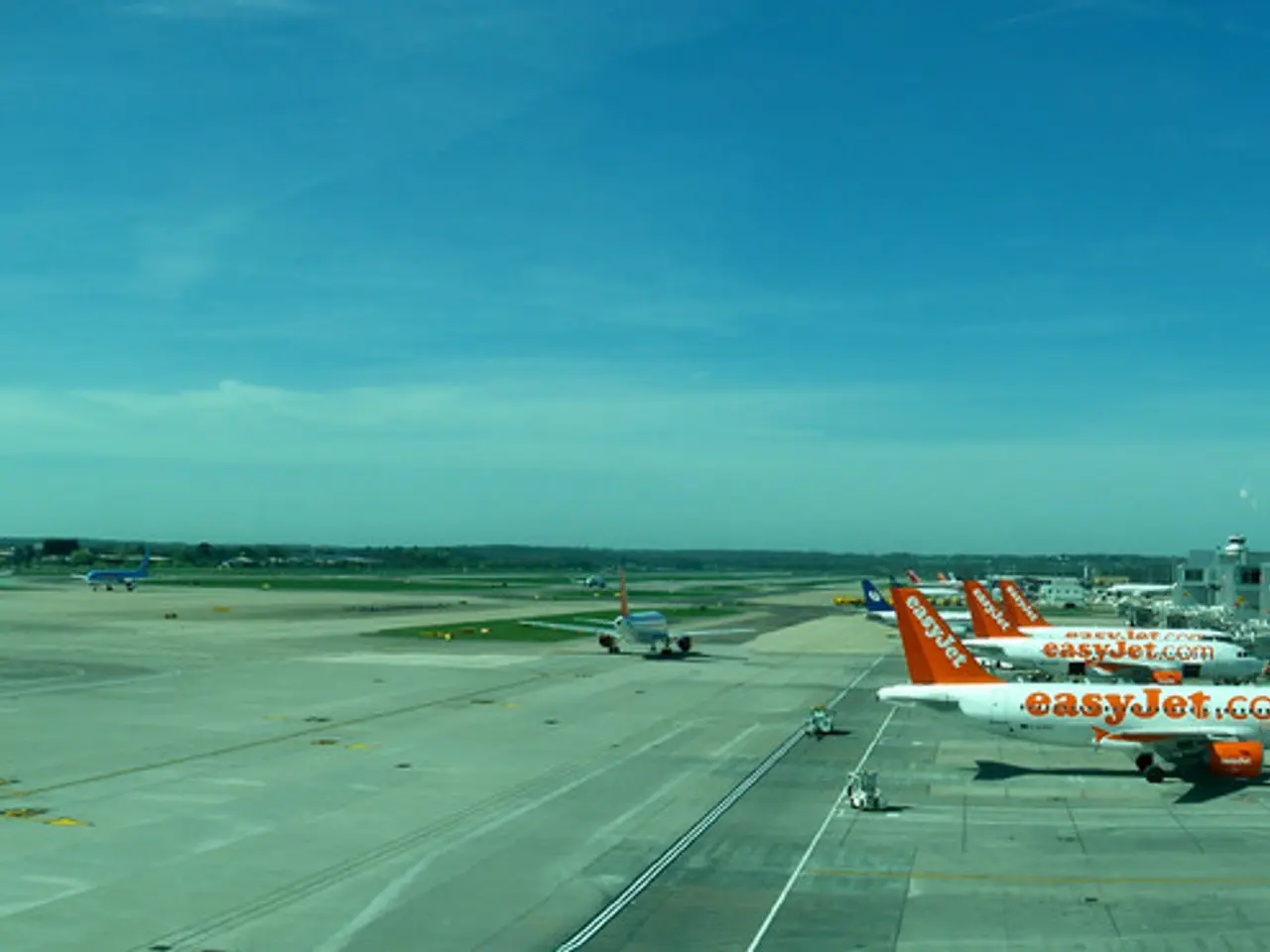Tensions rise - nuclear verification officials depart from Iran
In a developing nuclear standoff, the International Atomic Energy Agency (IAEA) is facing challenges in verifying and monitoring Iran's complex nuclear programme. This follows Iran's suspension of cooperation with the IAEA, which primarily affects new inspectors, while existing ones are still permitted to work within the country [4].
The IAEA has expressed concern over Iran's refusal to resolve outstanding safeguards violations, a decision that has significantly diminished the agency's capacity to monitor Iran's nuclear activities and detect any potential diversion of nuclear material to undeclared sites or activities linked to weaponization [1]. IAEA Director General Rafael Grossi has emphasized that inspections will resume as soon as safety and security conditions permit, underscoring the agency's commitment to remain present in Iran and to monitor uranium stockpiles under safeguards [2].
Recent military attacks on Iranian nuclear facilities further complicate the situation, posing serious risks to nuclear safety, security, and safeguards, potentially hindering the IAEA’s ability to carry out inspections effectively [3]. Despite these challenges, the IAEA maintains that a diplomatic solution remains possible if the necessary political will exists to ensure that Iran does not develop nuclear weapons, supported by a robust and watertight inspection regime [2].
In the midst of this escalating conflict, it is important to note that the IAEA team managed to remain in Iran during the recent war and safely made their way to Vienna. The conflict between Iran and Israel, which erupted last week, was mediated by the USA, resulting in a ceasefire [5].
Western governments fear that Tehran is seeking nuclear weapons, while Tehran denies these allegations. According to a law passed in Iran, cooperation with the IAEA will remain suspended until the security of Iran's nuclear facilities is guaranteed [6]. The exact date of the proposed meeting between Iran's Foreign Minister Abbas Araghtschi and US special envoy Steve Witkoff, slated to take place in Oslo, is yet to be announced [7].
Israel officially justified the war with the threat posed by Iran's controversial nuclear program. It remains unclear whether the Gulf state of Oman will act as a mediator, as it has done in the past [8]. The IAEA continues to urge the resumption of inspection activities in Iran as soon as possible, emphasizing the importance of maintaining a robust and effective monitoring regime to avoid nuclear proliferation risks in the region [2].
The IAEA expressed concern over Iran's refusal to resolve outstanding safeguards violations, potentially hindering a robust and effective monitoring regime against war-and-conflicts and politics-related general-news. Despite the challenges posed by Iran's suspension of cooperation and military attacks on nuclear facilities, the IAEA maintains that a diplomatic solution, supported by a robust and watertight inspection regime, could prevent nuclear proliferation in the region.
